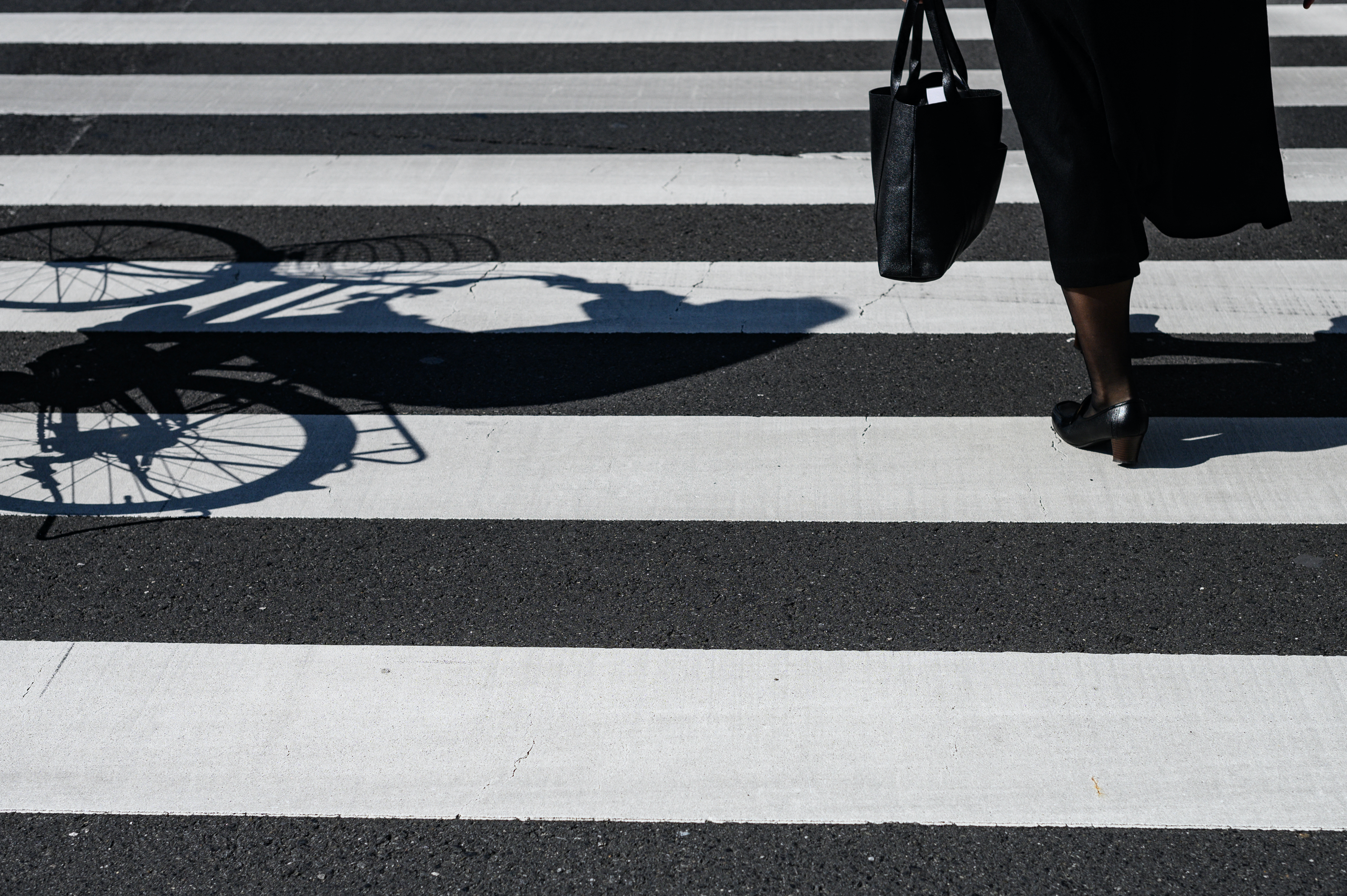
Belgians think traffic aggression has increased

The health crisis has accentuated aggressiveness in traffic and nearly two-thirds of Belgians are favorable about the new facilities for pedestrians and cyclists. This is what a survey of Vias reveals / Belga-AFP
Almost 4 in 10 Flemish (36%) think that 'the other road users' have become more aggressive since the start of the corona crisis in March. Ro


Comments
Ready to join the conversation?
You must be an active subscriber to leave a comment.
Subscribe Today